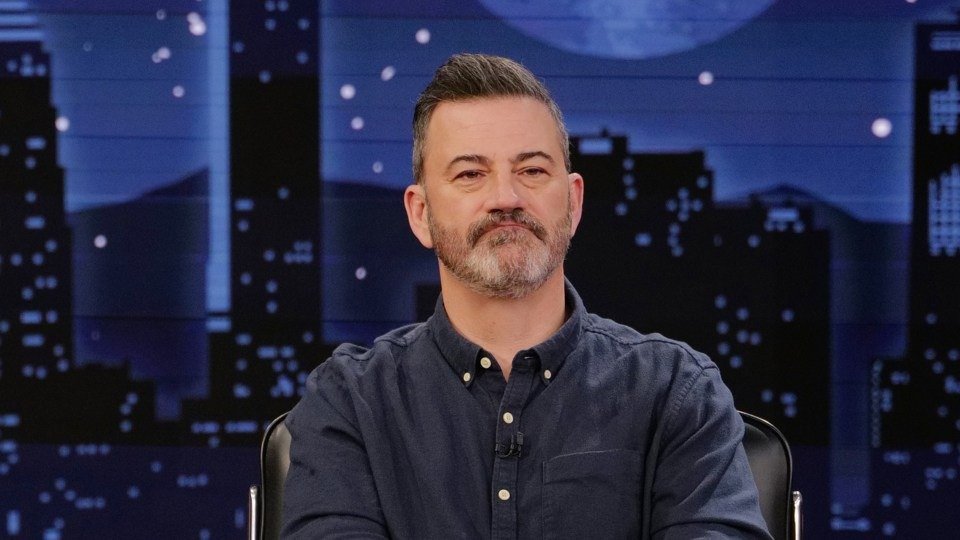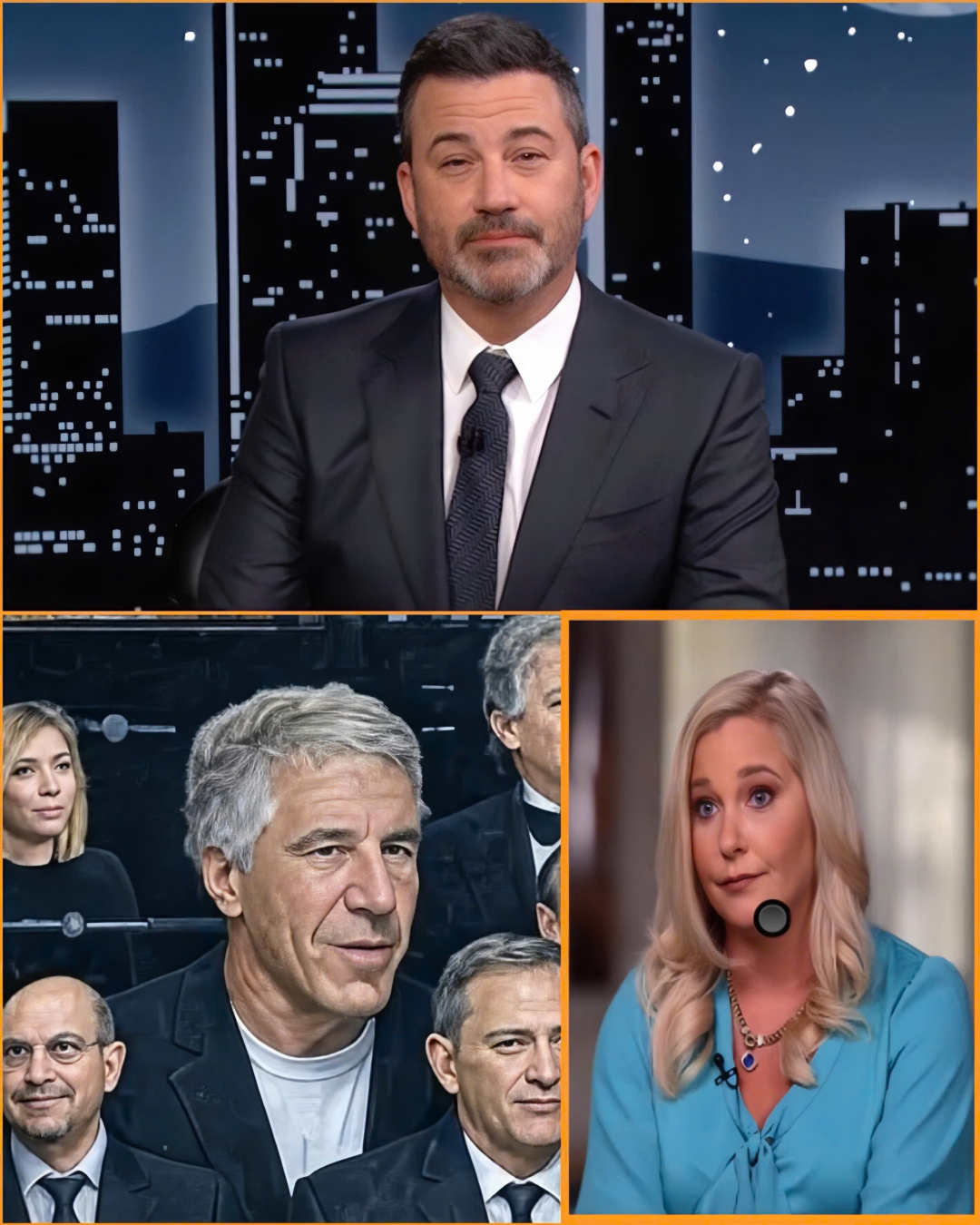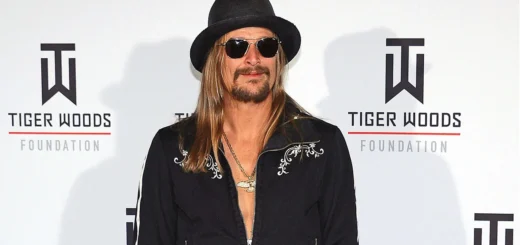Jimmy Kimmel and the Night Silence Became the Story: Inside the Uproar Over a 600-Page Memoir Shaking Hollywood
“If a story needs 600 pages to be told and still has to hide the names of nearly 50 people… then the problem isn’t the book. The problem is what it still can’t say.”
That was the opening line that left the audience frozen. No laughter. No light-hearted banter. Just a stark, cutting sentence delivered by Jimmy Kimmel, who walked onto last night’s show not as a comedian, but as someone visibly frustrated. For a moment, viewers weren’t sure if they were watching a talk show or the early moments of a documentary exposé.
A Start No One Expected
Kimmel stepped onto the stage with an intensity rarely seen from him. The shift in energy was immediate. Gone were the trademark jokes. Gone was the easy charm. Instead, he opened with a sentence that hung in the air like a warning.
He introduced the night’s subject: a 600-page memoir that has been circulating quietly within media circles — a manuscript described as revealing previously unseen angles surrounding the widely discussed story of Virginia Giuffre. According to those who have referenced the document, it includes descriptions of 49 powerful individuals, all unnamed, with their identities blurred or omitted. Yet the descriptions are vivid enough to make readers uneasy.
Kimmel did not accuse anyone. He did not name anyone. But he touched on a topic that has long been surrounded by speculation, sensitivity, and unanswered questions.UPDATE PART 2: SHOCKING — A certain force demanded the article be taken down. The reason given was
A Critique of Silence, Not Individuals
What made the moment striking was that Kimmel’s comments were directed not at any specific person, but at the patterns of silence that often surround complex stories.
He continued:
“If something has to be hidden that carefully, maybe the frightening part isn’t the names… but the reason they’re hidden.”
This was not comedic commentary. It was a critique of a system — one that, in the public imagination, often seems to shield certain details from scrutiny. His emphasis was on transparency, on the lingering gaps that remain even when a story is told over hundreds of pages.
Audience members in the studio later described the atmosphere as “tense” and “completely unlike the usual Jimmy Kimmel Live.” Many noted that he appeared more like an investigative host than a late-night comedian.
The Memoir that Sparked Questions
Kimmel then shifted to discussing the memoir itself. He clarified that the book is not a list of accusations, nor a definitive account of wrongdoing. Instead, it appears to be a complex, deeply personal document filled with recollections, moments, and fragmented details from different periods of life.
What makes it controversial is not what it claims, but what it implies.
He explained that the book contains passages written in a “direct and unfiltered” tone, offering glimpses into interactions, timelines, and emotional events that leave more questions than answers. These passages, according to those who have seen excerpts, encourage readers to question how power, silence, and influence can shape narratives.
Kimmel emphasized that the memoir doesn’t solve anything — it simply forces readers to confront what they don’t know.

The Cut That Changed Everything
The room reached peak tension when Kimmel opened the memoir on his desk and prepared to read a short excerpt. He paused, looked at the audience, and said:
“Here’s the part people keep talking about…”
And then, without warning —
The broadcast cut out.
The screen went black.
Commercials began to play.
The timing appeared too sudden to be coincidental. It stopped just seconds before he could read a passage that, in his words, had “started a wave of discussion” behind the scenes.
When the show returned, Kimmel continued with an entirely different segment. The excerpt — the moment viewers were waiting for — was gone.
Viewers Want Answers: Was There Interference?
Immediately after the broadcast, social media erupted:
-
Was it intentional?
-
Was it a technical glitch?
-
Did someone intervene?
-
Or was it simply an editorial decision made on the fly?
Speculation spread quickly. Steady streams of comments appeared across platforms demanding answers. But Kimmel offered none. He moved forward with the rest of the show as though nothing unusual had happened.
What deepened the mystery was the announcement released shortly after the episode aired:
“Full segment available in the comment section.”
Not on the official website.
Not on a separate clip.
Not even in the episode description.
But in the comment section — the least expected and least conventional place to publish content.
This unusual move sent thousands of viewers scrambling downward to find the missing moment, searching for clues about why the broadcast had been interrupted and what, exactly, Kimmel had intended to read.
A Moment Bigger Than the Show Itself
Whether or not the missing excerpt will provide clarity remains to be seen. But what happened last night has already become one of the most talked-about moments in recent late-night television.
The reason is simple:
It wasn’t about accusations.
It wasn’t about revealing names.
It wasn’t even about the memoir.
It was about the silence that surrounds stories too complicated, too sensitive, or too entangled in power to be fully spoken.
Kimmel’s opening line captured that perfectly:
“The problem is what the story still can’t say.”
In a media world where everything is usually loud, fast, and sensational, last night stood out because the quiet parts — the pauses, the cuts, the missing names — spoke the loudest.
For viewers, the experience was both unsettling and compelling. It reminded them that sometimes, what isn’t shown on air can be as meaningful as what is.
And so the question remains:
What exactly was in that missing excerpt?
And why did it disappear?



